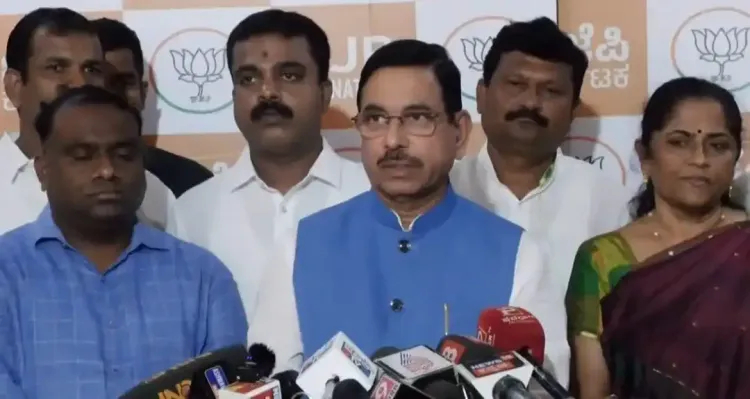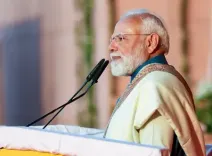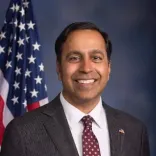Is Karnataka's Government Housing Quota Increase for Minorities Justified?

Synopsis
Key Takeaways
- The Karnataka government's housing quota for minorities has increased from 10% to 15%.
- The BJP strongly opposes this decision, claiming it undermines the rights of SCs, STs, and OBCs.
- Legal challenges may arise due to concerns over constitutionality.
- The move is seen as part of a larger trend of religion-based reservations in the state.
- Political leaders are divided on the implications of this decision for social justice in Karnataka.
Bengaluru, June 19 (NationPress) Following the Karnataka government's announcement to elevate the housing quota for minorities from 10 percent to 15 percent, the BJP has voiced strong opposition and declared its intention to contest this decision.
The Cabinet meeting, led by Chief Minister Siddaramaiah, approved this proposal. After the meeting, Law Minister H.K. Patil addressed the media, stating, “The Housing Department's suggestion to enhance reservations for housing allotments in both urban and rural regions—from 10 percent to 15 percent—has received approval. The Central government highlighted the housing deficit faced by minority communities. Our government, prioritizing social justice, has responded to these housing requirements by increasing the reservation.”
Union Minister for Food, Public Distribution, and Consumer Affairs Pralhad Joshi expressed his dissent during a media briefing at the BJP headquarters, asserting that this decision would negatively affect the reservation for the general category, SC, ST, and OBC communities.
Joshi pointed out that the state government intends to assign 15 percent of housing scheme reservations to Muslims, despite the Supreme Court's clear ruling that religious-based reservations are unconstitutional.
“Chief Minister Siddaramaiah and his administration previously attempted to implement a 4 percent religion-based reservation in governmental contracts, a move unprecedented in the country. Now, they have taken another step forward by deciding to allocate 15 percent under housing schemes,” Joshi criticized.
He further noted that the funding for housing initiatives falls under the Pradhan Mantri Awas Yojana, a central government scheme. “This government is unjustly favoring certain communities in the guise of appeasement politics,” Joshi asserted, adding that “religion-based reservations violate the constitution.”
He emphasized that the BJP firmly opposes this decision and will explore all legal avenues available.
BJP State President and MLA B.Y. Vijayendra remarked, “The Congress administration in Karnataka seems to be trying to recreate a governance style reminiscent of the Bahmani Sultans. In violation of the Constitution, it first introduced religion-based reservations for Muslims in education, employment, and political representation, then extended it to government contracts, and now has increased housing reservations.”
“The government has completely ignored the principles of democracy—equality for all—and the constitutional spirit that prohibits discrimination among classes. It appears to be going to great lengths to appease the Muslim community,” Vijayendra alleged.
“Under Chief Minister Siddaramaiah's leadership, the government has lost sight of the comprehensive welfare of Karnataka's 6.5 crore Kannadigas. During the elections, Congress leaders loudly proclaimed their commitment to secular values, but their actions now reflect a governance model focused solely on appeasing the Muslim community,” he criticized.
“The BJP government in Karnataka has never allowed such discrimination, fostering an administration that advocates for equal opportunities and rights for all. Even today, Prime Minister Modi's central government has consistently rejected caste or religion-based discrimination, implementing inclusive initiatives for everyone. Yet, people are questioning—why is Karnataka different?” Vijayendra concluded.
“We strongly oppose the increase in housing reservations for Muslims, as sanctioned by the Cabinet today,” he affirmed.
“The BJP will align itself with public discontent and persist in its fight against such injustices,” he stated.










